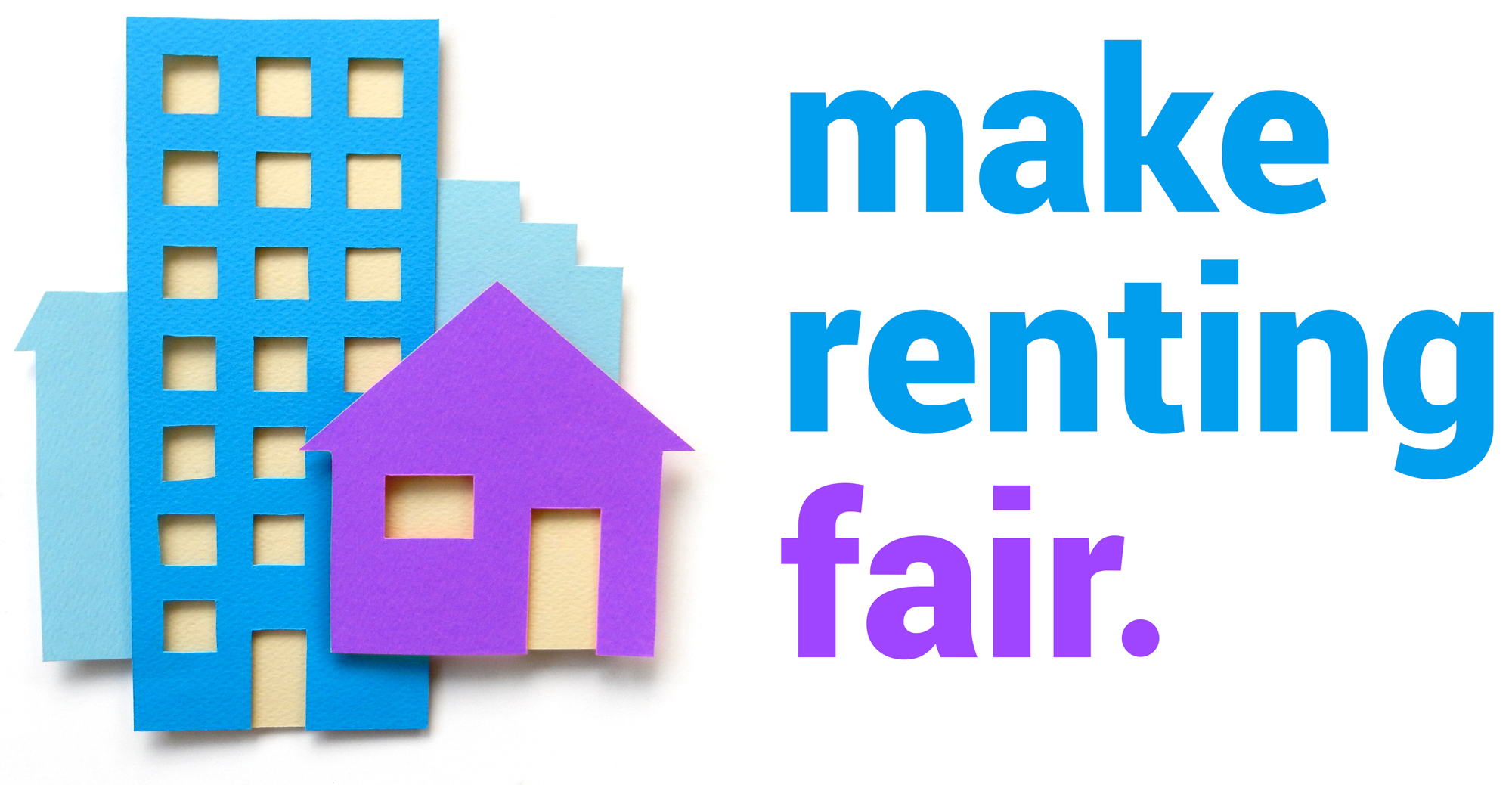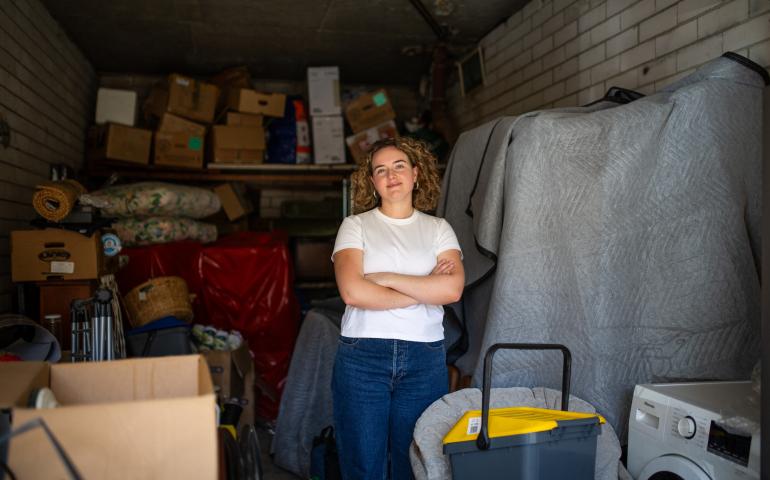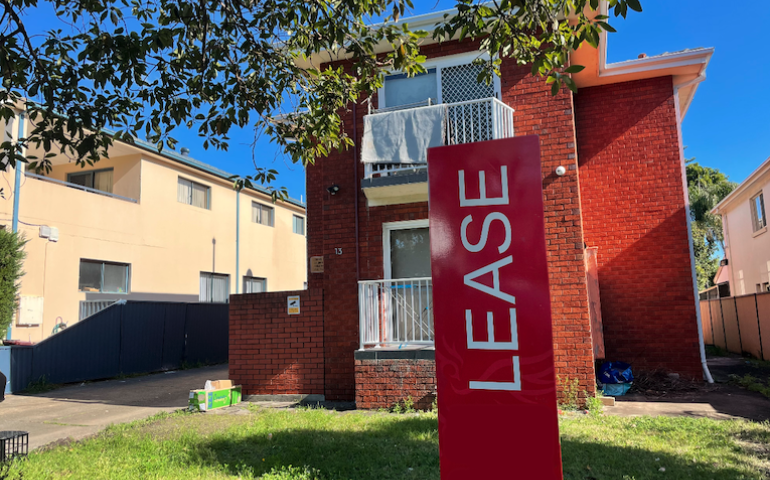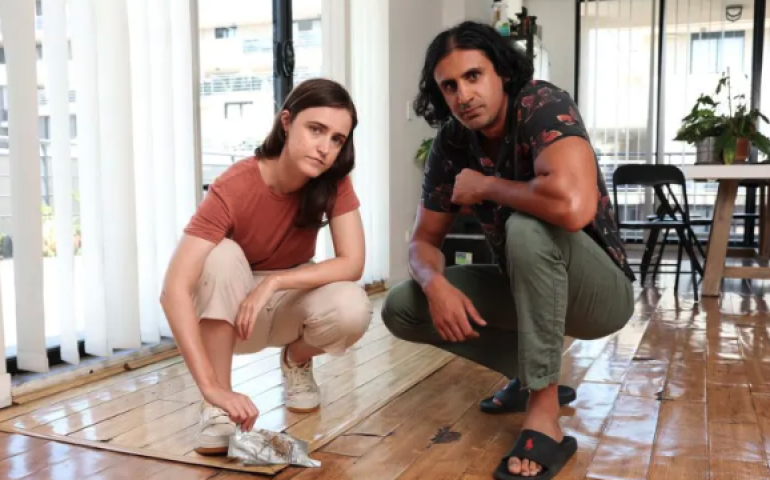Connecting with Members of Parliament
On this page:
Interacting with MPs on social media
Showing up at community events and campaign stalls that MPs are attending or hosting
Find your MP's contact details
Meeting with MPs
Why do we meet with MPs?
The laws that impact renting in NSW are primarily made by members of the NSW Parliament. This means that your local Member of Parliament (MP), has a say in what our renting system looks like.
Your local MP is elected by you and others in your community, to represent you in Parliament. This means they care what you and other voters in their electorate have to say: if they do a bad job representing the interests of their constituents, they face potentially not getting re-elected.
MPs can’t be experts in every area of policy, so there’s a very good chance your local MP isn’t a renting expert. This means your stories, statistics and policy solutions can help them learn and understand issues facing their community that they may not have come across before. If you come to the meeting confident and prepared, you have the potential to really change their thinking on renting issues.
How to meet with an MP
1. Planning
Find some like-minded folk who want to speak to their local NSW MP about making renting fair. This should include a renter or two, and potentially a tenant advocate or community worker, to make up your delegation. If you’d like help connecting with your local Tenants’ Advice Service or others in your area please get in touch via contact@rentingfair.org.au.
Contact your MP’s office to set up a meeting to discuss renting. Let them know who will be attending. They may offer you a meeting with one of the MP’s staffers rather than an MP themself – this is still a useful meeting to have.
Make sure you know their political party, and have a sense of their positions on the Make Renting Fair campaign solutions. If you're unsure, get in touch with the Make Renting Fair team to find out more information so you can make sure you have an idea of what the conversation might be like. Email us – contact@rentingfair.org.au.
Delegates should meet before the meeting to discuss who will speak about what, so you have a plan of attack. Decide whether you want to talk broadly about the rental crisis and put forward all of the Make Renting Fair solutions, or if there’s a specific topic (e.g. evictions, or rental affordability) that you want to focus on. Talk to others who know about the issue so you are confident and can speak easily on the topic – remember, you are the expert in your experience of the rental crisis!
Read over our list of Common objections to the Make Renting Fair policy solutions, and familiarise yourself with some of the facts in response to these objections.
2. Logistics
Make sure you’ve got enough time to get to the meeting. If it’s a meeting at NSW Parliament, allow time to get through security and organise for a staffer to meet you.
Make sure you have the contact details of the MP or staffer you are meeting and the phone numbers of other people in your delegation in case something changes at the last minute.
Print a copy of the State of the Renters information for the electorate and the Make Renting Fair 2-pager to leave with the MP, as well as your contact details or business card(s). You can find these in your area's Campaign Toolkit.
3. Meeting your MP
Each delegate should introduce themselves. Hand over the Make Renting Fair 2-pager, State of the Renters information, and your contact info. Give some background about who you are, what you do, and why you are interested in renting justice.
Talk about why you are involved in the Make Renting Fair campaign, and why these issues impact people in that MP’s electorate. Share a story about the impact of the rental crisis – your own story, a story of a friend, client or neighbour (with their consent), or a story from your Campaign Toolkit.
Keep the discussion focused on the problem and solutions and try not to let the conversation go on tangents. Time can be limited in these meetings so it’s important to make the most of it, and some MPs can tend to take over the conversation and take it off-topic.
Confirm directly whether they support the Make Renting Fair campaign solution(s) you’ve discussed with them. Offer to find any additional information they may need.
Always be polite and courteous. Thank the person for their time, and remind them how important the issue is, even if it seems you haven’t convinced them.
4. After the meeting
Make a quick record of the main points – whether they support the campaign, their arguments, anything of particular interest, any follow ups you promised or offered.
Follow up as soon as you can if you have said that you will.
Contact the Make Renting Fair campaign on contact@rentingfair.org.au to let us know how the meeting has gone and/or to request our support, e.g. information you’d like to pass on to your MP. Knowing what gets discussed and who supports and opposes helps our campaign immensely.
If you can't secure a meeting with your local MP to talk about the renting issues that matter to you, or if the idea of trying to meet with your MP is a bit daunting, there are a range of other ways you can raise these issues with them. This includes (but definitely isn't limited to!) sending them a letter, interacting with them on social media, or showing up at any community events you know they'll be attending.
Sending letters to MPs
Letters can be a great way to get a message, stories and data across to MPs and candidates without needing to lock in a meeting with them. Here are some key tips for writing letters to your local MP:
- Personalise the letter to the recipient. If you know any details about the individual (such as a community cause they’re involved in, or which sports team they support), it can be worth including a reference to it so they take notice.
- Personalise the letter to yourself. Tell them your name, whereabouts you live, including that you are a local constituent, and why the issues you’re writing about are important to you.
- Include a story. Stories are important to changing minds. Sharing some of your own story as a renter – or the story of your kids, friends or neighbours who are renters – can be an effective campaign tool.
- Include some data or stats. Our State of the Renters fact-sheets provide locally specific data about renting in your electorate. You can find your electorate's State of the Renters information via the Tenants' Union Putting Renters on the Map tool. Have a look at the data, pick out a piece of information that stands out to you as especially interesting or important for them to understand, and let them know about it. For instance, if you’re surprised by what a high percentage of the people in your electorate are renters, the MP might be, too – they might not yet be aware of just how important it is that they take renters' issues seriously.
- Ask them for a specific commitment or commitments. Let them know that you want them to commit to doing something about the rental crisis. This might be asking them to commit to voting in favour of pet-friendly rentals, voting to end ‘no grounds’ evictions, or to commit to lobbying their own party to support investment in public and community housing in your electorate. You might be asking for a number of commitments, or just one that really matters to you. Make sure the story or stories you tell, and the data you share, help back up why it’s so important that they make this commitment.
- Thank them for taking the time to consider your letter, and let them know you look forward to receiving a swift response.
Interacting with MPs on social media
Many MPs are very active on social media, especially Facebook – particularly during election season. Commenting on an MP’s social media posts can be a great, low-barrier, way for you to politely express your concerns and questions about their positions on renting issues. Note: while expressing frustration about the rental crisis is completely understandable, it can be more effective to avoid things like swearing and direct personal attacks towards the MP, and rather stick to discussing the issues and why they matter to you as a constituent.
Keeping an eye on MPs’ social media channels can also keep you informed about any upcoming community events or campaign stalls that they will be hosting or attending.
Showing up at community events and campaign stalls that MPs are attending or hosting
Even if you’re unable to secure a dedicated meeting to discuss renting issues, there are still ways to be face-to-face with MPs to talk about these issues. MPs will often attend community events – again, especially when it's election season. When they do this, they will generally notify their social media channels – especially Facebook – of where they will be and when. This is because they want to have conversations with constituents: that’s you!
If you go along to a community event or campaign stall that an MP or candidate is holding, you should:
- Introduce yourself – including that you are a constituent.
- Let them know that you are especially interested in renting issues, and why – this can be where you share a story and/or compelling data.
- Ask them, face-to-face, for a commitment on one or several renting issues.
This sends a clear message to your MP that renting issues are important to the community members that they represent, and that if they want to keep their seat in future, they’ll have to take these issues seriously. The more pressure placed on them in this way – ie, the more constituents that raise renting issues with them – the more likely it is that we will see them make commitments to make changes to the renting system to make it fairer for renters.
Find your MP's contact information
If you don't know which electorate you're in, input your address to find out which electorate you live in here.
Once you know which electorate you're in, you can find out the contact details for your local MP here.





